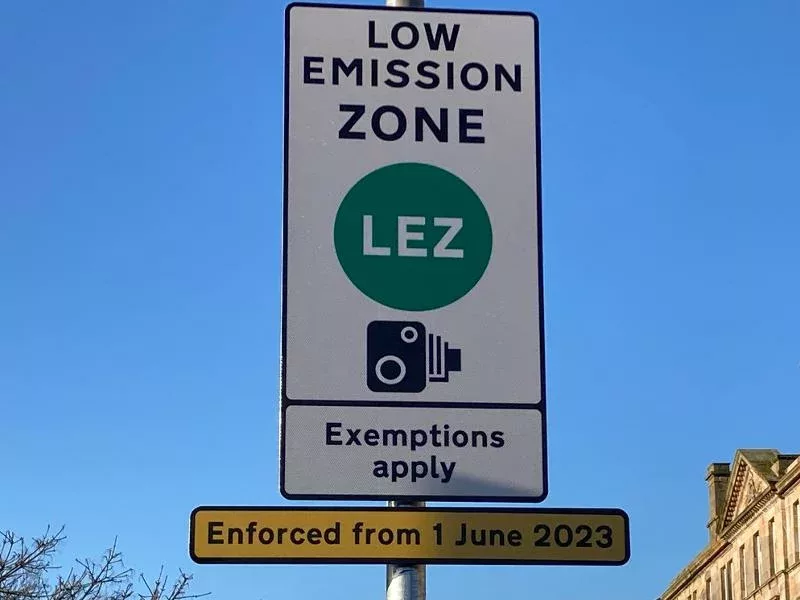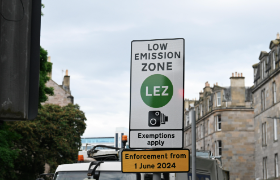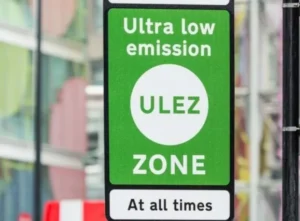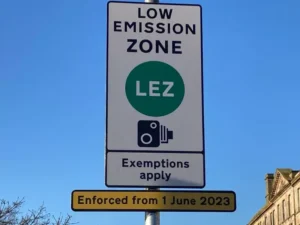Leasing and fleet management company Wessex Fleet has revealed that councils around the UK have pulled in over £380m from penalty charge notices (PCNs) in low-emission zones.
As the UK intensifies its efforts to combat air pollution, the implementation of Low-Emission Zones (LEZ) is having an impact on the automotive landscape. According to recent findings from Wessex Fleet, councils have made around £381m from PCNs alone, a substantial portion of the £941m total income from LEZs. These zones, designed to restrict older, more polluting vehicles from city centers, are set to reshape how we navigate city movement, says Wessex Fleet.
Currently, there are 15 ULEZs (Ultra Low-Emission Zones) operational across the UK. Additionally, four other local authorities are contemplating the implementation of LEZs. This could potentially extend the impact to more of the over 11 million non-compliant cars in the UK.
The data published by Wessex Fleet provided insight into how local councils are harnessing PCNs and LEZs to curb emissions and enhance urban air quality.
From London’s substantial yield to the strategic shifts in cities like Leeds and Nottingham, where initial plans for Clean Air Zones (CAZs) have evolved or been scrapped, the automotive community is witnessing a paradigm shift in regulatory landscapes.
In terms of PCNs, London leads the charge in PCNs, issuing 97,706 fines monthly and generating approximately £3.96m. This makes up 32% of its income from PCNs, highlighting a high absolute income despite a lower percentage. In contrast, Oxford stands out with the highest dependency on PCN income at 69%, despite issuing only 1,016 PCNs monthly. Bath emerges as the most lucrative per fine, earning £72.92 per PCN, showcasing its efficiency in revenue generation from a smaller volume of fines.
Birmingham issues 55,727 PCNs monthly, bringing in £2.46m and making up 67% of its income from PCNs, indicating both high volume and financial reliance. Portsmouth, while issuing the fewest PCNs at 327, still derives 47% of its income from these fines.
Newcastle and Bristol strike a moderate balance, issuing 2,349 and 23,804 PCNs respectively, with PCN incomes contributing to 54% and 59% of their total revenues. These statistics underscore the diverse strategies and dependencies on PCN income across different councils.
Click HERE to access the full report.
























